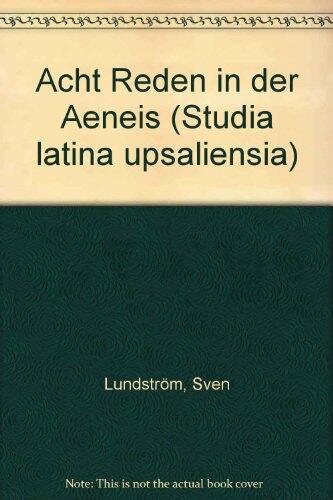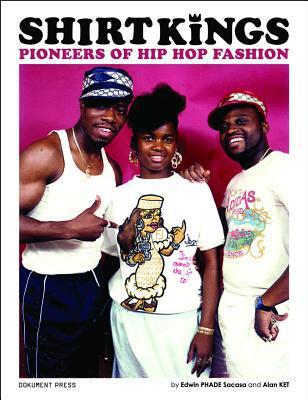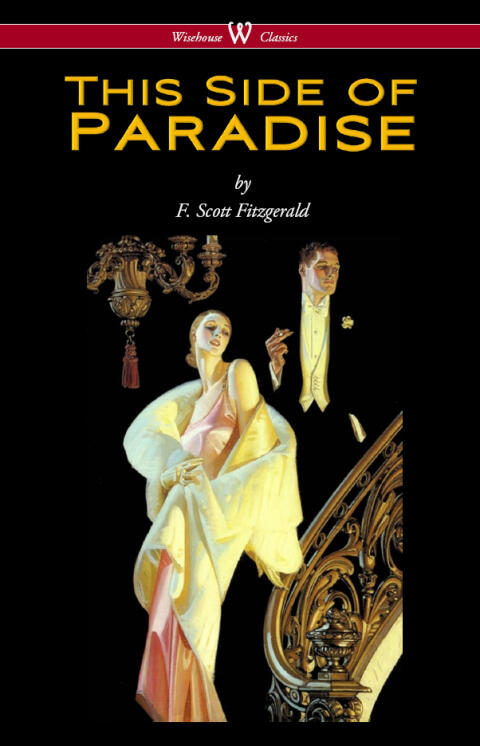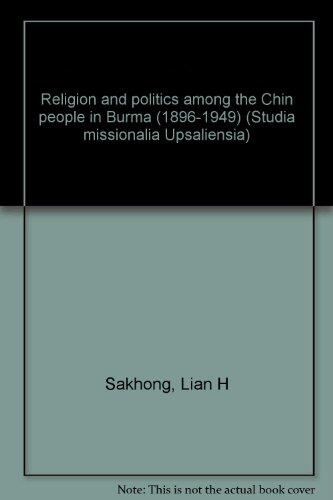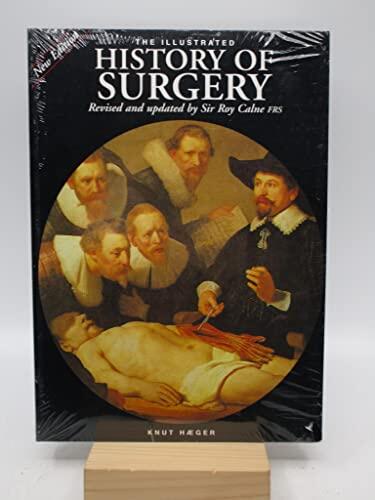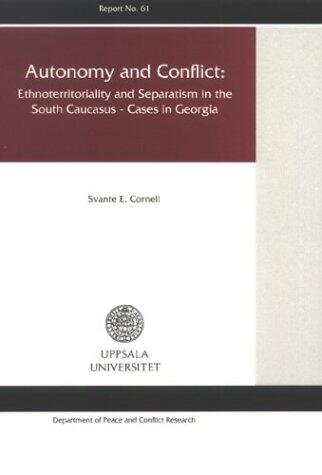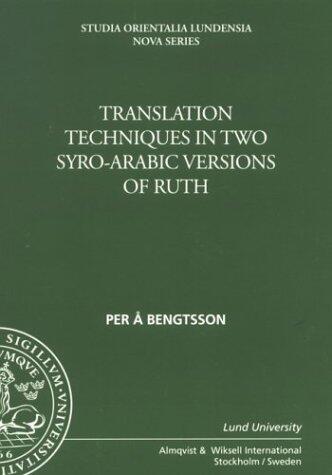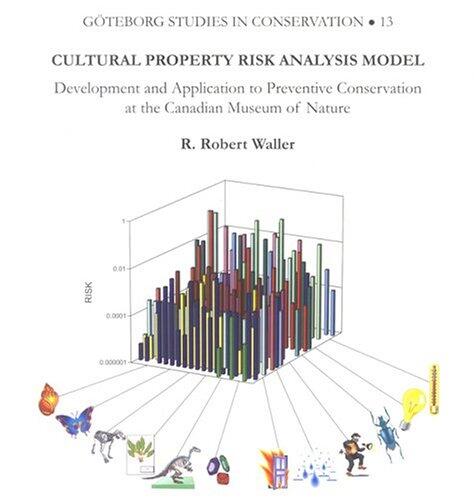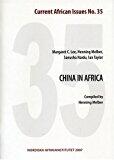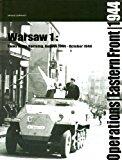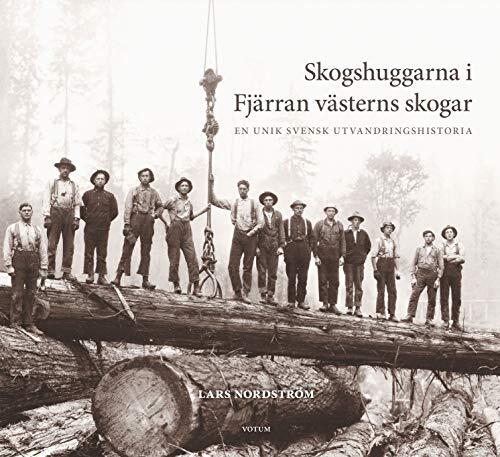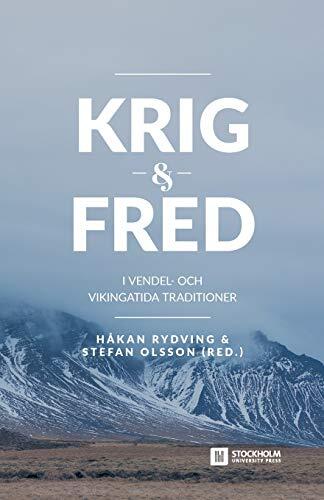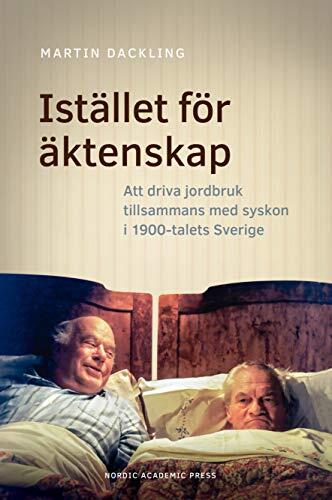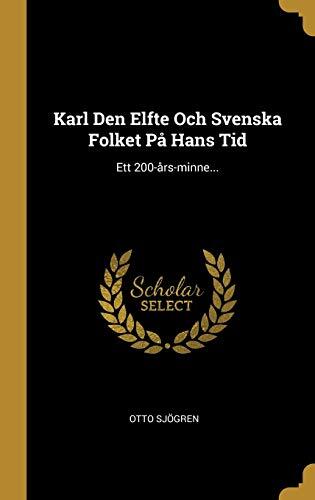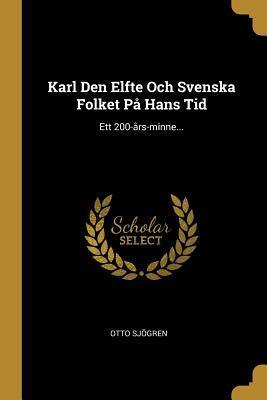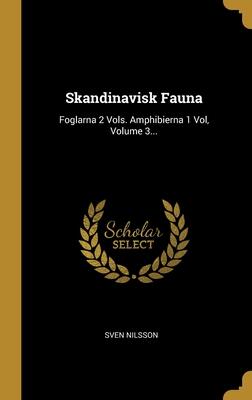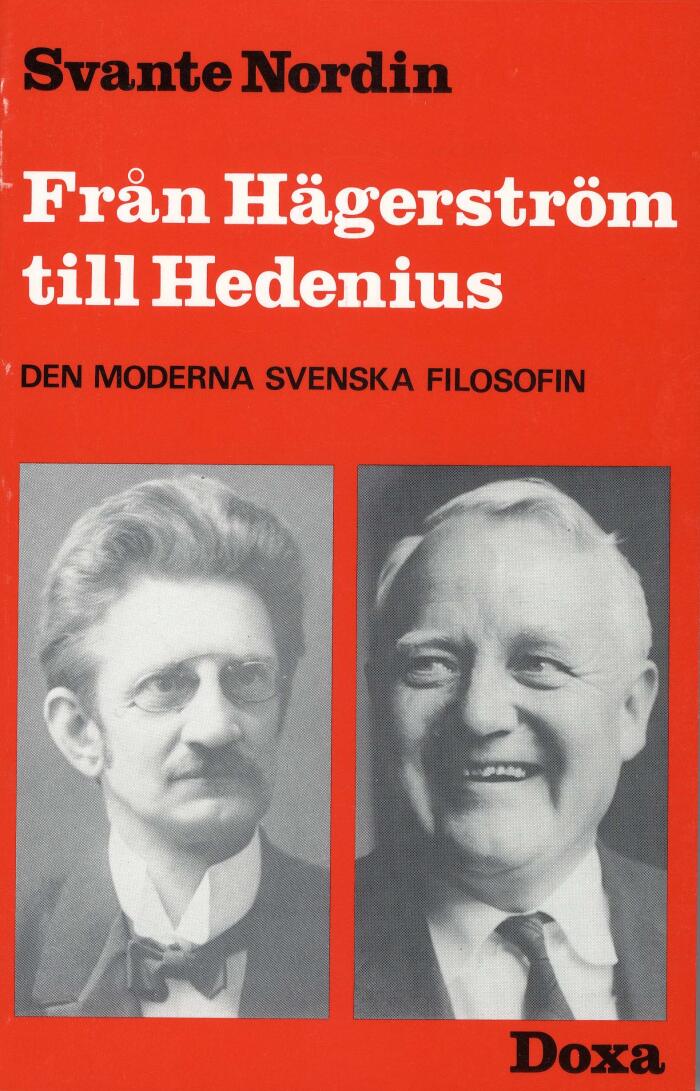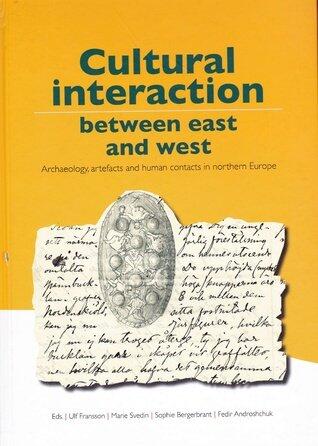
Cultural Interaction Between East And West: Archaeology, Artefacts And Human Contacts In Northern Europe
由
S. Bergerbrant And F. Androshchuk (eds) U. Fransson M. Svedin
还没有评分
History
格式
精装书
页数
365
语言
瑞典语
已发布
Jan 1, 2007
出版商
Stockholms University
版本
1
ISBN-10
9171554742
ISBN-13
9789171554741
描述
Cultural interaction is a fundamental aspect of history, and this exploration delves into the rich tapestry of connections between Eastern and Western civilizations, specifically focusing on Northern Europe. Through a collection of scholarly works, the editors bring together a diverse range of archaeological findings and artifacts that reveal the intricate web of human contacts across this region. Each contribution sheds light on how cultures have influenced one another over time, highlighting the profound implications these interactions have had on social dynamics, trade, and identity formation.
One section features a thoughtful interview with Ingmar Jansson, providing a personal perspective on his archaeological journey. His reflections on the field emphasize the importance of understanding the past and the methodologies employed in piecing together historical narratives. The interview serves not only as a tribute to Jansson’s contributions but also as a narrative bridge connecting modern scholars with the stories of those who came before them.
The book weaves together historical analysis with contemporary insights, illustrating how artifacts serve as tangible links between different cultures. The authors meticulously analyze these materials, offering interpretations that highlight both the uniqueness and the shared experiences of various groups. The conversations surrounding these finds reveal the dialogues that occurred long before modern globalization took hold.
Ultimately, the work invites readers to reconsider the boundaries that separate cultures and to appreciate the multifaceted interactions that define historical progress. It is an essential read for anyone interested in archaeology, history, and the dynamic interplay between different peoples throughout the ages.
One section features a thoughtful interview with Ingmar Jansson, providing a personal perspective on his archaeological journey. His reflections on the field emphasize the importance of understanding the past and the methodologies employed in piecing together historical narratives. The interview serves not only as a tribute to Jansson’s contributions but also as a narrative bridge connecting modern scholars with the stories of those who came before them.
The book weaves together historical analysis with contemporary insights, illustrating how artifacts serve as tangible links between different cultures. The authors meticulously analyze these materials, offering interpretations that highlight both the uniqueness and the shared experiences of various groups. The conversations surrounding these finds reveal the dialogues that occurred long before modern globalization took hold.
Ultimately, the work invites readers to reconsider the boundaries that separate cultures and to appreciate the multifaceted interactions that define historical progress. It is an essential read for anyone interested in archaeology, history, and the dynamic interplay between different peoples throughout the ages.
